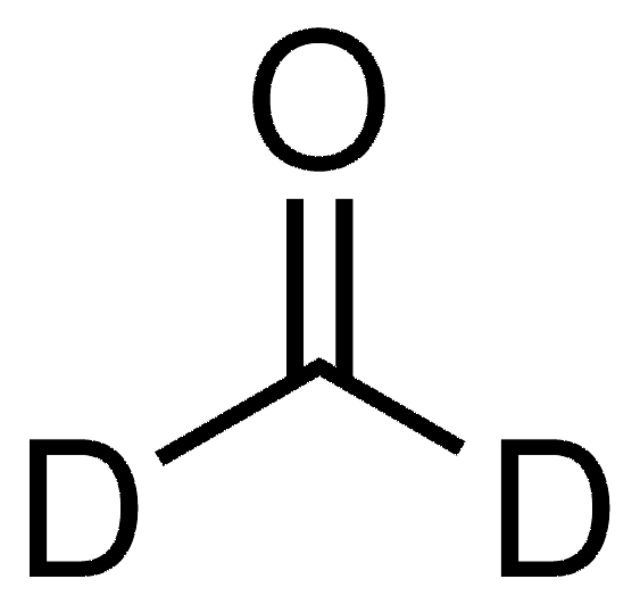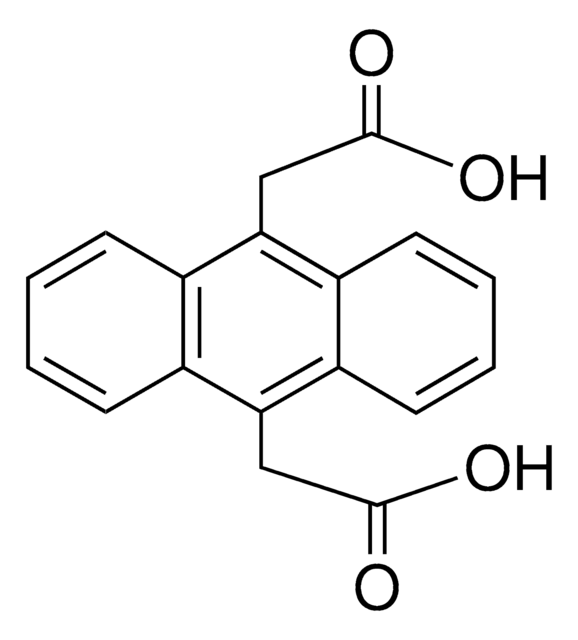338826
Acetic acid
glacial, ≥99.99% trace metals basis
Synonym(s):
Glacial acetic acid
About This Item
Recommended Products
Agency
suitable for ASTM® 7969
suitable for ASTM® 7979
suitable for DIN 38407-43
suitable for EPA 1634
suitable for EPA 534
suitable for EPA 8328
suitable for EPA ACB B21-03
suitable for ISO 21675 2019
suitable for ISO 25101
suitable for ISO/CEN 15968-2011
Quality Level
vapor density
2.07 (vs air)
Assay
≥99.99% trace metals basis
form
liquid
autoignition temp.
800 °F
expl. lim.
16 %, 92 °F
4 %, 59 °F
technique(s)
HPLC: suitable
refractive index
n20/D 1.371 (lit.)
pH
2.5 (20 °C, 50 g/L)
bp
117-118 °C (lit.)
mp
16.2 °C (lit.)
density
1.04 g/mL at 25 °C (lit.)
SMILES string
[F2C(F2C)13F3C]C(O)=O
InChI
1S/C2H4O2/c1-2(3)4/h1H3,(H,3,4)
InChI key
QTBSBXVTEAMEQO-UHFFFAOYSA-N
Looking for similar products? Visit Product Comparison Guide
Application
- For the solvent-free one-pot condensation of indoles with aryl or heteroaryl aldehydes to synthesize di(indolyl)methanes.
- In the Pictet-Spengler reaction of substituted tryptamines with cyclic ketones to synthesize tetrahydrospiro-Ͱ-carbolines.
- To synthesize trisubstituted thiazoles via domino multicomponent reaction.
It can also be used as a:
- solvent to synthesize aryl amine-functionalized 1,3,5-triazine derivatives via aryl amination of cyanuric chloride with aromatic amines.
Legal Information
Signal Word
Danger
Hazard Statements
Precautionary Statements
Hazard Classifications
Eye Dam. 1 - Flam. Liq. 3 - Skin Corr. 1A
Storage Class Code
3 - Flammable liquids
WGK
WGK 1
Flash Point(F)
102.2 °F - closed cup
Flash Point(C)
39 °C - closed cup
Choose from one of the most recent versions:
Already Own This Product?
Find documentation for the products that you have recently purchased in the Document Library.
Customers Also Viewed
Our team of scientists has experience in all areas of research including Life Science, Material Science, Chemical Synthesis, Chromatography, Analytical and many others.
Contact Technical Service






